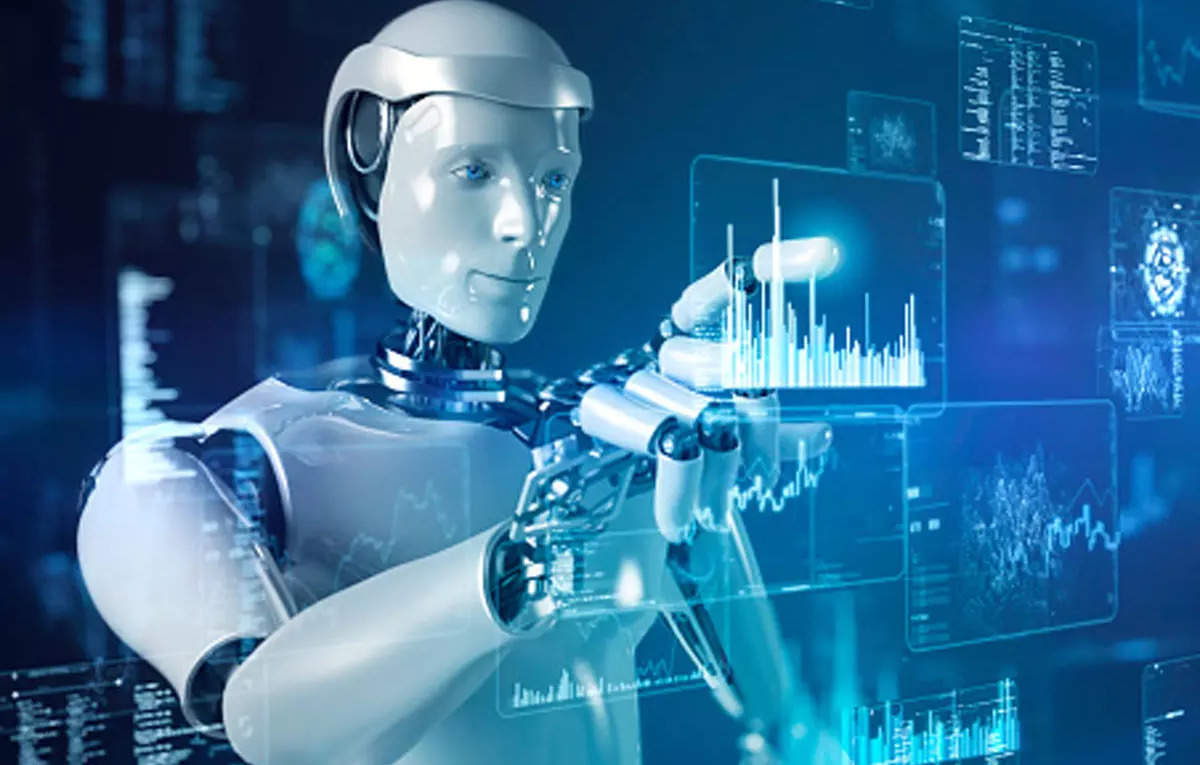JuJu News Hub
Your go-to source for the latest trends and insightful articles.
Is Your Future Job Just an Algorithm Away?
Discover how algorithms are reshaping job opportunities and what your future career might look like. Don't get left behind!
How Algorithms Are Shaping the Future of Job Markets
Algorithms are increasingly influencing the dynamics of job markets around the globe. As companies adopt advanced technologies such as artificial intelligence (AI) and machine learning, the recruitment process is being revolutionized. Algorithms streamline job matching by analyzing vast amounts of data, identifying the most suitable candidates based on skills, experience, and cultural fit. This has led to a more efficient hiring process, but it also raises concerns about the potential for bias, as algorithms may inadvertently favor certain demographics over others. Understanding how these algorithms function is crucial for both job seekers and employers, as they adapt to an ever-changing landscape.
In addition to recruitment, algorithms are transforming the nature of jobs themselves. Many roles are becoming automated, compelling employees to develop new skills and adapt to technologies that can enhance their productivity. For instance, industries such as manufacturing, logistics, and even customer service are incorporating algorithmic solutions to optimize operations. As a result, a growing emphasis on digital skills and continuous learning is emerging, reshaping the workforce and creating new job opportunities in tech-driven sectors. As we move forward, understanding the implications of algorithms on job markets will be essential for navigating career pathways in the future.

Are You Prepared for a Job Search Dominated by AI?
As we transition into a new era of technology, job searches are increasingly being influenced by artificial intelligence (AI). Recruiters are now using AI-driven tools to sift through hundreds of resumes quickly, analyzing keywords and qualifications with impressive speed and accuracy. To stand out in this competitive landscape, job seekers must familiarize themselves with the AI-driven hiring process. This involves optimizing resumes with the right keywords that align with the job descriptions, ensuring that your application passes through initial AI screenings.
Moreover, it’s vital to embrace new technologies that can enhance your job search strategy. Utilizing platforms that incorporate AI to match your skills to potential job openings can provide a significant advantage. Here are a few steps to get started:
- Update your resume: Use AI tools to analyze your resume's compatibility with job postings.
- Leverage social media: Platforms like LinkedIn use AI algorithms to suggest jobs based on your profile.
- Enhance your online presence: Engage in online communities and forums related to your field to increase visibility.
By staying informed and adapting your strategies, you’ll be better prepared for a job search that is increasingly dominated by AI technology.
The Role of Automation in Your Career Path: Opportunities and Challenges
Automation is reshaping the landscape of various professions, opening up new opportunities while simultaneously presenting unique challenges. As machines and software systems take on repetitive and mundane tasks, employees are increasingly finding their roles shifting towards more strategic, creative, and problem-solving functions. This transformation allows workers to focus on higher-value tasks, driving innovation and efficiency in their respective fields. For instance, in industries like manufacturing and finance, automation can lead to significant time savings and improved accuracy, ultimately contributing to career advancement and higher salary potential.
However, it's crucial to acknowledge the challenges posed by automation as well. As some job roles become obsolete, professionals need to adapt by acquiring new skills and embracing lifelong learning to remain competitive. The rise of automation may also lead to job displacement, necessitating a proactive approach to career planning. Individuals must assess which skills are becoming increasingly valuable and invest in relevant training or education. Thus, navigating the influence of automation on your career path requires a balance between leveraging new technologies and upskilling to stay relevant in a changing job market.